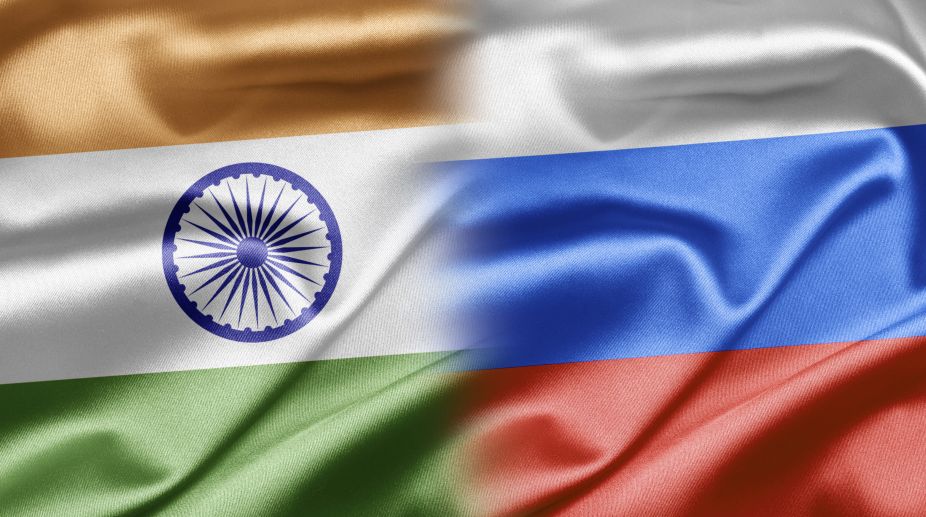Putin open to contact with Trump after January 20: Kremlin
Russian President Vladimir Putin would welcome contact with Donald Trump if Trump's political will remains after his inauguration as US president on January 20, said the Kremlin on Thursday.

Representational Image (Photo: Getty Images)
India, Iran and Russia have resumed talks on activating the International North South Transport Corridor which will cut freight time to Europe by half and bring down the cost for the benefit of east and southeast Asian exporters.
India, Iran and Russia are leading in activating the International North South Transport Corridor (INSTC) route since 2000, through existing road-route and with the development of some railway gaps in between the 7,200-km long multi-mode network of ship, rail and road.
Advertisement
The INSTC was discussed during Iranian President Hassan Rouhani’s visit to India in February while Russia maintains a strong interest in the trade route, said Ambassador P S Raghavan, Convener of National Security Advisory Board in the Indian government.
Advertisement
“It is not only to make Indian-Russian trade or Indian-European trade profitable, actually it will make it very lucrative for east Asia and southeast Asia exporters. There is nothing to stop the INSTC from being activated in a matter of months,” said Raghavan.
He said that capacity building can be carried out as trade volume increases and progress is made on related issues.
The potential is enormous and well known, Raghavan said.
With no trade sanctions against Iran, the INSTC becomes “very competitive”, he said.
Raghavan said the INSTC cuts transportation time and cost by half as compared to the Suez Canal route.
The current shipment through Suez Canal route involves a longer distance, and is expensive as well as congested.
The INSTC could transport exports from India’s west coast, through Iran’s Bandar Abbas and Chabahar ports, Central Asian states, Russia and onwards to Europe.
Indian-Iranian-Russian customs have discussed trans-shipment processes while logistics such as containerisation needs to be sorted out, Raghavan said after addressing the 12th Institute of South Asian Studies International Conference on South Asia.
The conference was organised by the Institute of South Asian Studies, a think tank of the National University of Singapore.
It needs a special purpose vehicle of multi-national capacity to manage the transportation network from end-to-end, he said.
In 2014, the Federation of Freight Forwarders Association of India had a dry run on the INSTC.
The INSTC member states recognise the potential for efficient and seamless North-South transport caused by economic globalisation and by ever-increasing trade within the Eurasia region, the forwarders had said in a report at that time.
Advertisement